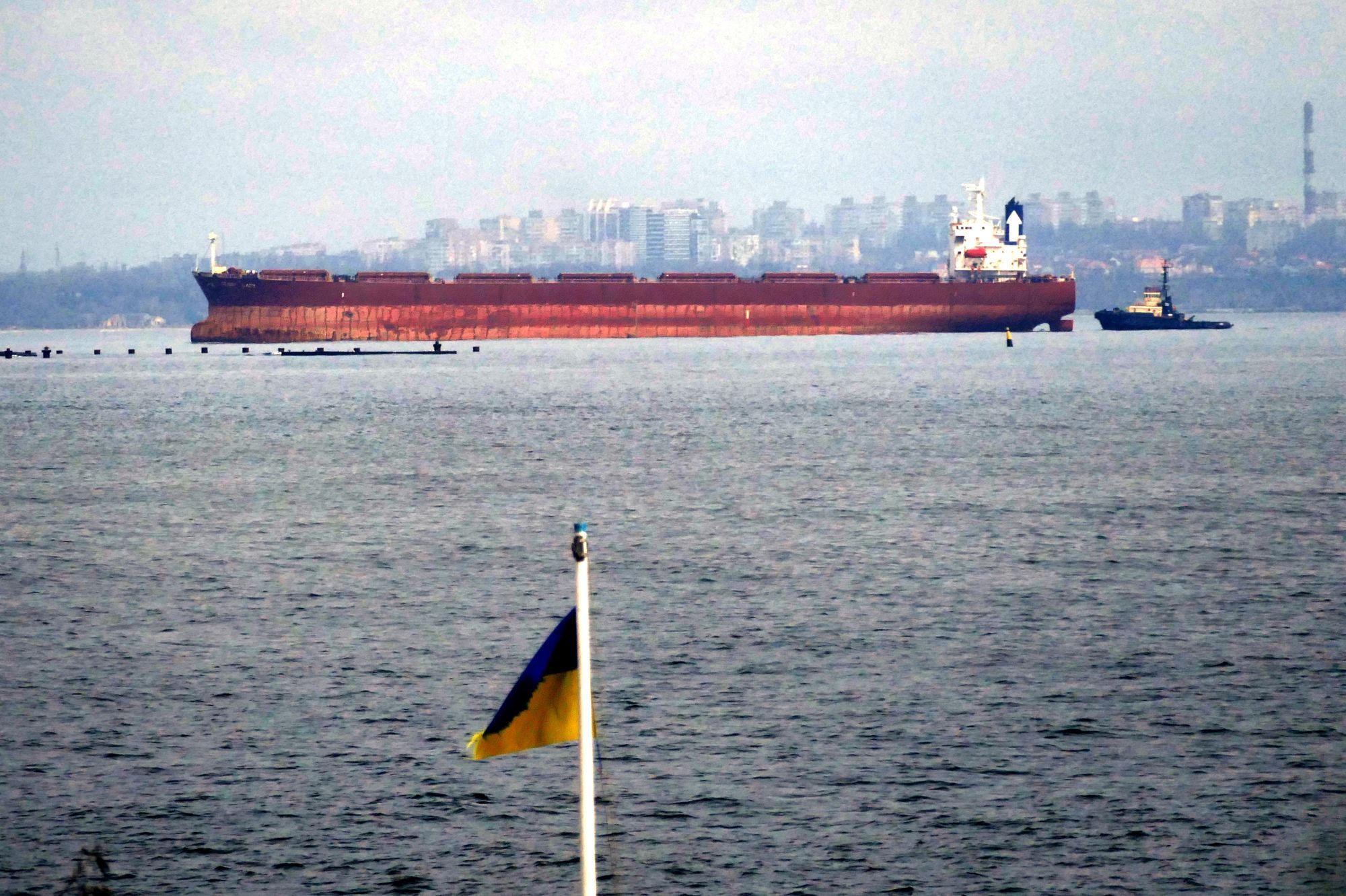Reuters: EU warns that Russia seeks to create dependencies through cheap grain

The EU has warned developing countries and the Group of 20 (G20) members that Russia is offering cheap grain "to create new dependencies," Reuters reported on Aug. 3, citing a letter it has obtained.
"As the world deals with disrupted supplies and higher prices, Russia is now approaching vulnerable countries with bilateral offers of grain shipments at discounted prices, pretending to solve a problem it created itself," the EU's chief diplomat Josep Borrell said in the letter seen by Reuters on Aug. 2.
"This is a cynical policy of deliberately using food as a weapon to create new dependencies by exacerbating economic vulnerabilities and global food insecurity."
Russia unilaterally terminated the Black Sea Grain Initiative on July 17. The deal, brokered by Turkey and the U.N. in July 2022, allowed Ukraine to export its grain amid the full-scale Russian invasion.
Ukraine's grain exports are vital to the world's food supply. Before the full-scale invasion, Ukraine was the fifth-largest wheat exporter globally. The grain deal had allowed for nearly 33 million metric tons of food to be exported through Ukrainian ports while it was in force, according to the U.N.
Soon after its withdrawal from the deal, Russia intensified its strikes against Ukraine's agricultural infrastructure, ports, and grain stockpiles in the country's south.
The grain deal's collapse and the subsequent attacks caused wheat prices to rise and sparked fears about food security worldwide, especially in the Global South.
During the Africa-Russia Summit in St. Petersburg on July 27-28, Russian President Vladimir Putin said that his country is ready to supplant Ukrainian exports to Africa both as free aid and on a commercial basis.
U.N. Secretary-General Antonio Guterres commented that a "handful of donations to some countries" will not mitigate the fallout of the grain deal's collapse.











